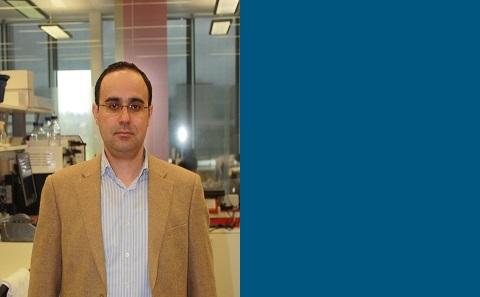Mechanistic insights into controlling cell identity by transcription factors Event

- Time:
- 13:00
- Date:
- 30 May 2018
- Venue:
- Life Sciences Building 85, Room 2207
For more information regarding this event, please telephone Selina Barry on 023 80 594794 or email S.J.Barry@soton.ac.uk .
Event details
Biological Sciences Invited Speaker Programme 2017-18
Abstract: The endogenous expression of the transcription factors (TFs) Oct4, Sox2, Klf4, and c-Myc (OSKM) is essential for maintaining pluripotency in embryonic stem (ES) cells. Most strikingly, the ectopic expression of OSKM can reprogram somatic cells to become induced pluripotent stem (iPS) cells. As OSKM were originally chosen based on their role in maintaining pluripotency, it is often thought that reprogramming is a reversal process of embryonic development. Unlike maintaining pluripotency however, reprogramming is highly inefficient, and little is known about how OSKM functionally-contribute to inducing pluripotency as compared to maintaining pluripotency. We have previously mapped of the interactions between OSKM factors and the human genome during the first 48 hr of cellular conversion to pluripotency. We have shown that OSK, but not Myc, act as pioneer TFs by targeting distal enhancers within closed chromatin. We have also revealed that the pioneer activity of reprogramming factors relates to the basic ability of TFs to adapt their DNA-binding domains (DBDs) to target partial motifs exposed on the surface of nucleosomes. Here, I will present new data showing a systematic comparison between the essential functions of Oct4 during reprogramming and maintaining pluripotency. I will also present detailed biochemical analysis defining the structural features of Oct4 that impart the pioneer function. Altogether, our findings provide new insights into the basis of controlling cellular identity by transcription factors.
Speaker information
Dr. Abdenour Soufi,The University of Edinburgh, Centre for Regenerartive Medicine.